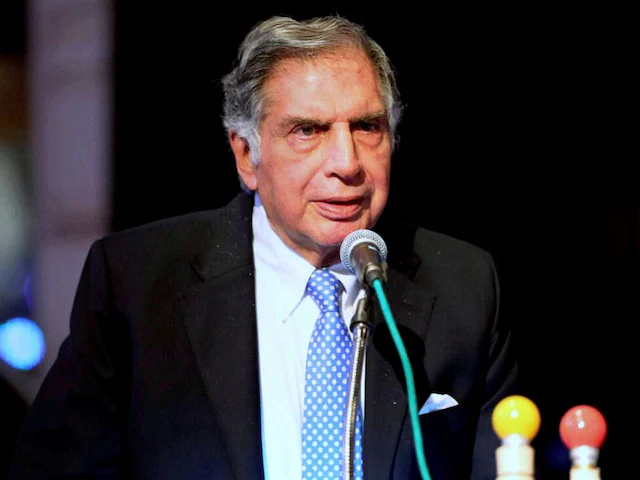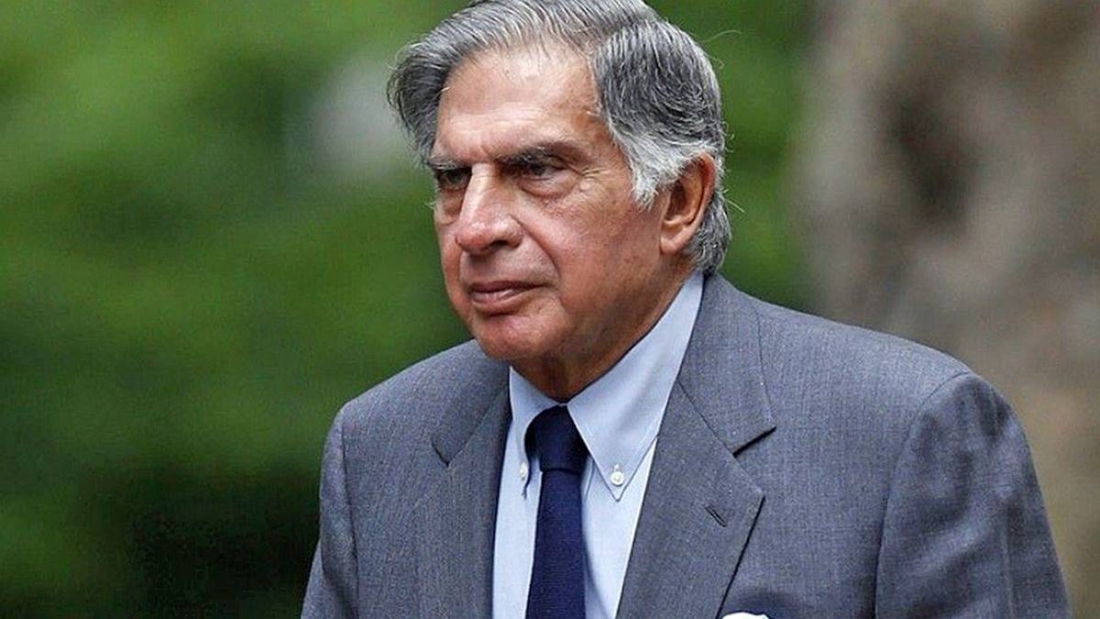The world stands in deep mourning as it reflects on the extraordinary life and accomplishments of Ratan Tata, one of India’s most influential and revered business icons. As we remember him, we are reminded not only of his incredible contributions to the Tata Group and Indian industry but also of his commitment to philanthropy, ethics, and social responsibility. Ratan Tata’s life and legacy transcend the corporate world, embodying values of compassion, integrity, and visionary leadership.
The Making of a Visionary
Born on December 28, 1937, into one of India’s most prominent business families, Ratan Tata was destined to play a significant role in shaping the future of Indian industry. Educated at Cornell University and Harvard Business School, he combined his Western education with traditional Indian values instilled by his family, particularly his predecessor, J.R.D. Tata.
Ratan Tata’s journey with the Tata Group began in 1961 when he joined as an apprentice. Over the years, he worked across various divisions of the company, gaining valuable insights into its operations. However, it wasn’t until 1991, when he succeeded J.R.D. Tata as chairman, that he truly came into the limelight. The early 1990s were a tumultuous time for India, with economic liberalization opening up the market to global competition. Ratan Tata faced the daunting task of modernizing the Tata Group, a company that had long been associated with traditional values and conservative business practices.

A Global Leader with Local Roots
Under Ratan Tata’s leadership, the Tata Group transformed from a largely domestic conglomerate into a global powerhouse. His bold decision to acquire international brands like Tetley Tea, Corus Steel, and Jaguar Land Rover not only expanded the company’s global footprint but also established India as a significant player in the global business landscape.
These acquisitions weren’t just about expanding the Tata Group’s reach; they symbolized Tata’s belief that Indian companies could compete on a global stage. He saw opportunities where others saw challenges and made decisions that would fundamentally change the trajectory of the Tata Group. Today, Tata’s global acquisitions are often cited as key examples of how Indian businesses can thrive in international markets.
Despite his focus on global expansion, Ratan Tata never lost sight of his responsibility to his home country. His belief in the power of Indian ingenuity and his drive to contribute to the nation’s progress were reflected in initiatives like the Tata Nano, launched in 2008. The world’s cheapest car, priced at 1 lakh rupees (around $2,000), the Tata Nano was Tata’s answer to the challenge of affordable transportation for India’s burgeoning middle class. Although the Nano didn’t achieve the commercial success he had hoped for, it remained a symbol of his commitment to innovation and his desire to make a meaningful difference in the lives of ordinary Indians.
Leading with Integrity
What set Ratan Tata apart from many other business leaders was not just his strategic vision but his deep-rooted ethical values. His leadership style was defined by integrity, transparency, and a sense of fairness—principles that guided every decision he made. In an era where businesses are often driven by profits at any cost, Tata’s approach was refreshingly different. He believed that success should never come at the expense of ethics.
During his tenure, Ratan Tata made several bold moves to ensure that the Tata Group stayed true to its core values. He emphasized corporate governance, ensured that the company’s operations were environmentally sustainable, and was a vocal advocate for fair treatment of employees. His humane approach to leadership earned him immense respect, not just from his colleagues within the company but also from the broader business community.
A Champion of Philanthropy
Ratan Tata’s influence extended far beyond the boardroom. A quiet philanthropist, he was deeply committed to improving the lives of those less fortunate. His belief in using wealth for the greater good was a philosophy that he carried with him throughout his life, much like the generations of Tatas before him.
Through the Tata Trusts, one of the oldest and largest charitable organizations in India, Ratan Tata supported initiatives in education, healthcare, rural development, and arts and culture. Under his leadership, the Trusts were instrumental in launching initiatives aimed at tackling some of India’s most pressing challenges, from improving access to clean drinking water to providing quality education for underprivileged children.
Ratan Tata’s personal commitment to philanthropy was evident in his hands-on approach to many of these projects. He was not just a figurehead; he actively engaged with the communities his initiatives served, ensuring that resources were directed where they were needed most. His efforts in the field of healthcare, particularly during times of crisis like the COVID-19 pandemic, earned him widespread admiration. The Tata Group’s substantial contributions to relief efforts demonstrated once again that, for Ratan Tata, business and social responsibility were deeply intertwined.
Humility in Greatness
Despite his towering achievements, Ratan Tata remained a man of remarkable humility. He was never one to seek the limelight, preferring to let his work speak for itself. This humility endeared him to millions, not just in India but across the world. Whether interacting with world leaders or young entrepreneurs, he was always approachable, eager to share his knowledge and learn from others.
His social media presence in his later years was a testament to this humility. Using platforms like Instagram, Tata connected with younger generations, offering advice and encouragement to budding entrepreneurs. He often shared personal stories, moments of reflection, and even light-hearted posts, showcasing his gentle sense of humor.
An Enduring Legacy
As we remember Ratan Tata, we celebrate a life lived in the service of others. His legacy will continue to shape the business landscape, not just in India but globally. He proved that it is possible to lead a successful enterprise while staying true to ethical values and social responsibilities. His commitment to uplifting society, particularly the marginalized, will remain a guiding principle for future generations of leaders.
In a world increasingly driven by short-term gains and personal ambition, Ratan Tata’s life stands as a powerful reminder that leadership is about more than just profits. It’s about making a positive impact on the world, leaving behind a legacy that transcends wealth and power.
Ratan Tata’s passing is a profound loss, but his memory will continue to inspire. He has left behind not just a conglomerate, but a vision for a more equitable and compassionate world. As we bid farewell to this great leader, we can only strive to carry forward his values of integrity, humility, and an unwavering commitment to the greater good.


